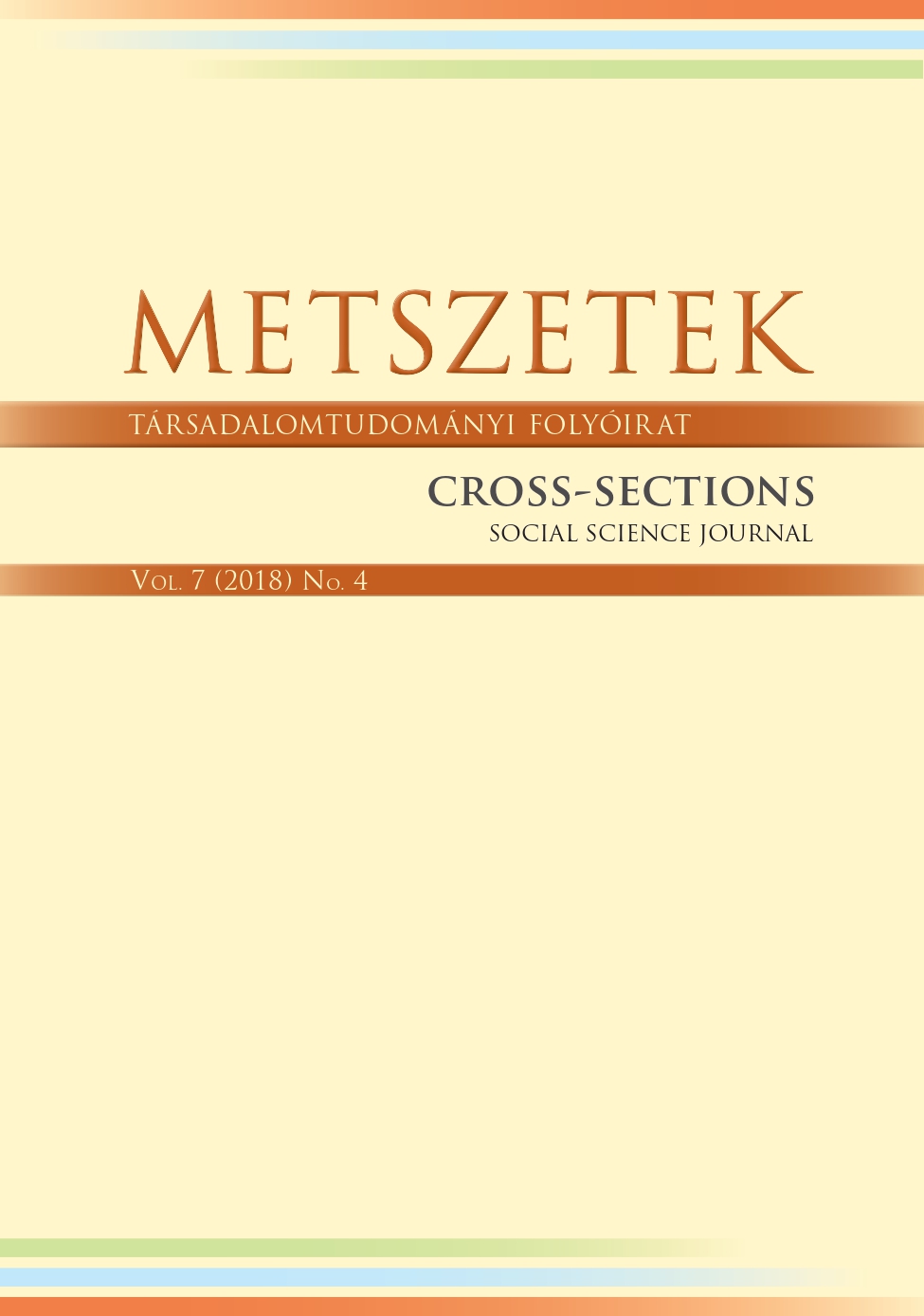Revisiting enterprise politics in the interwar Hungary:
The case of The Rimamurány–Salgótarján Iron Works Co.
Revisiting enterprise politics in the interwar Hungary:
The case of The Rimamurány–Salgótarján Iron Works Co.
Worker‘s lifestyle and rate of living on the colony of the steel factory in Salgótarján before the World War II.
Author(s): Réka Várkonyi-NickelSubject(s): Social Sciences
Published by: Debreceni Egyetem Politikatudományi és Szociológiai Intézet
Keywords: labour history; interwar Hungary; steel works; iron works; lifestile; workers’ colony; workers’ dynasties
Summary/Abstract: The Rimamurány–Salgótarján Iron Works Co. in Salgótarján started to run up from 1871. Thepeople who lived in the workers’ colony of the Steelworks in Salgótarján differentiated themselvesfrom the rest of the local residents not only spatially but also in their appearance, as a result oftheir higher standard of living. At the begining of the 20th century the major streets of the colony(Acélgyári Street) had macadam or stoned surface and were lit with public street lightning. Theduty of the socalled Dwelling Master was to guarantee neat, clean, tidy streets within the colony.Steelworkers had more opportunity to visit the shops and barbershop than those men who livedwithin the downtown. This difference was partly due to their higher income and partly due tothe fact that the services of the comany’s shop and the barber at the colony were much cheaperthan those of other local barbers since it was ordered so by factory management. Workers’houses were up to the standards of the time, they did not pay rent or just a very low price andworkers had a possibility to build their own garden houses on the land of the company. All thisfundamentally changed in the second half of the 1940s owing to post-war lack of raw materialand Socialist ’modernization’ and uniformization. The period of communist dictatorship afterWorld War II, nationalization of the works and Socialist ’modernization’ created trauma at thecolony.
Journal: Metszetek - Társadalomtudományi folyóirat
- Issue Year: 7/2018
- Issue No: 4
- Page Range: 151-166
- Page Count: 16
- Language: English

